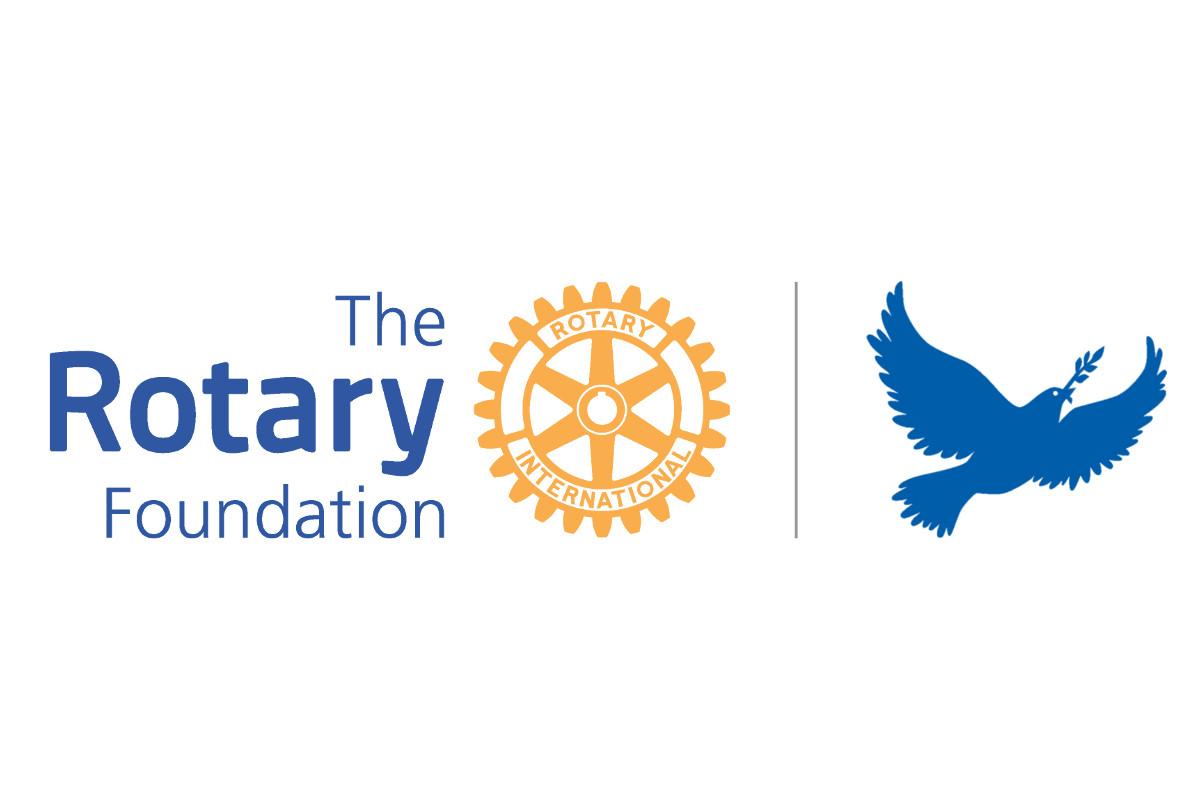Peace Fellowships
Are you looking to make a significant impact on the world by promoting tolerance and cooperation? Each year, Rotary funds some of the world’s most dedicated and brightest professionals to study at our Rotary Peace Centers. These fellows are committed to the advancement of peace, and often go on to serve as leaders in national governments, NGOs, the military, law enforcement, and international organizations such as the United Nations and World Bank.
What are Rotary Peace Fellowships?
Each year, Rotary selects individuals from around the world to receive fully funded academic fellowships at one of our peace centers. These fellowships cover tuition and fees, room and board, round-trip transportation, and all internship/field study expenses. Two types of peace fellowships are available.
Master's Degree
The ideal candidate is academically strong, has a bachelor’s degree in a related field, and has work experience in peace and development. Candidates need to demonstrate a commitment to peace and conflict resolution, be able to undertake extensive reading and discussion in the pursuit of knowledge, and be able to participate actively within a diverse cohort of students. After the program, candidates should be willing to share their own work and experience, staying in touch with peace fellows in their region and maintaining strong connections with Rotary members.
University Partners:
-
Duke University and University of North Carolina at Chapel Hill
-
International Christian University, Japan
-
University of Bradford, United Kingdom
-
University of Queensland, Australia
-
Uppsala University, Sweden
Professional Development Certificate
The ideal candidate is a proven peace and development leader with at least five years of relevant work experience. Candidates need to come to the program with a social change initiative to promote peace and development within the program region or their community, and have a clear vision of how the fellowship experience and network will help advance their peace work and increase their impact. After the program, candidates should be willing to share their own work and experience, staying in touch with peace fellows in the region and maintaining strong connections with Rotarians.
University Partners:
-
Chulalongkorn University, Bangkok, Thailand
-
Makerere University, Kampala, Uganda
